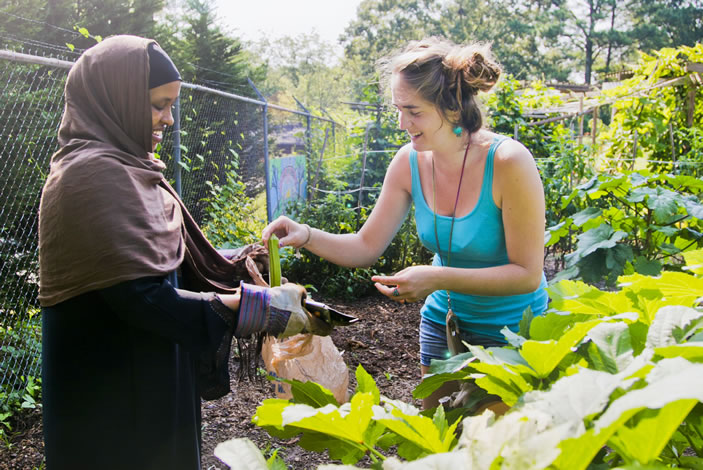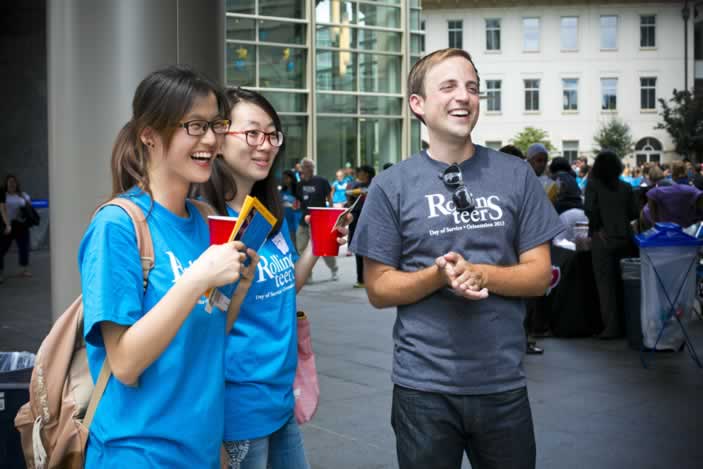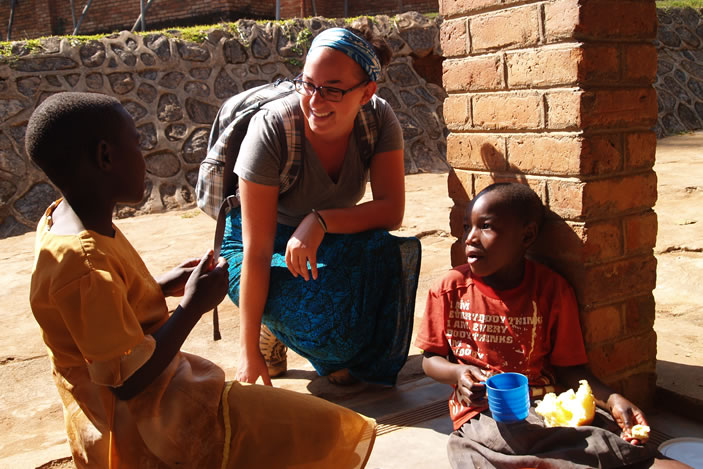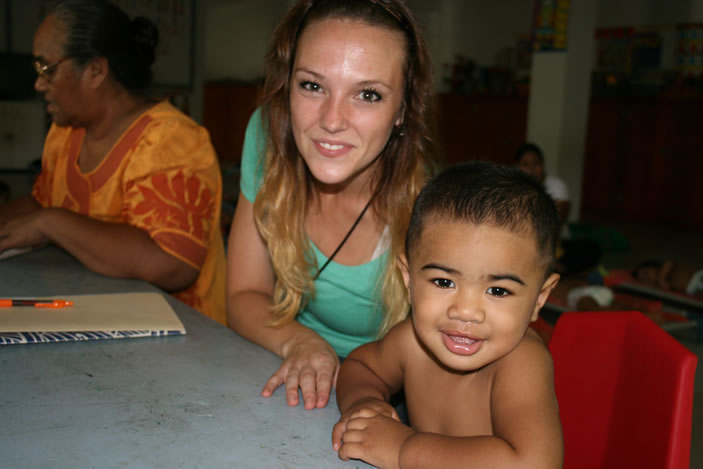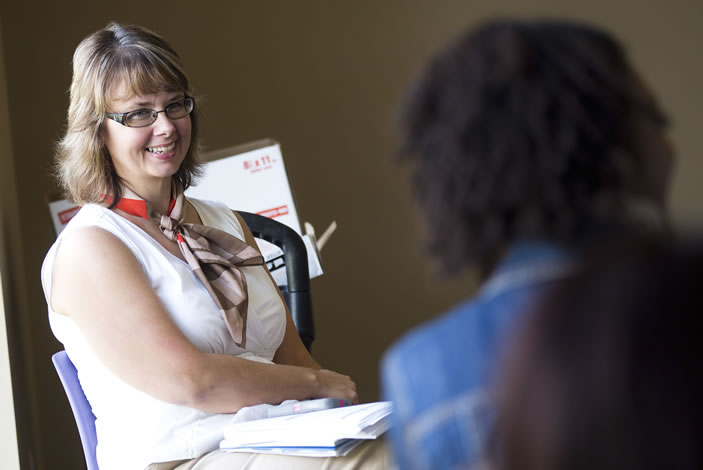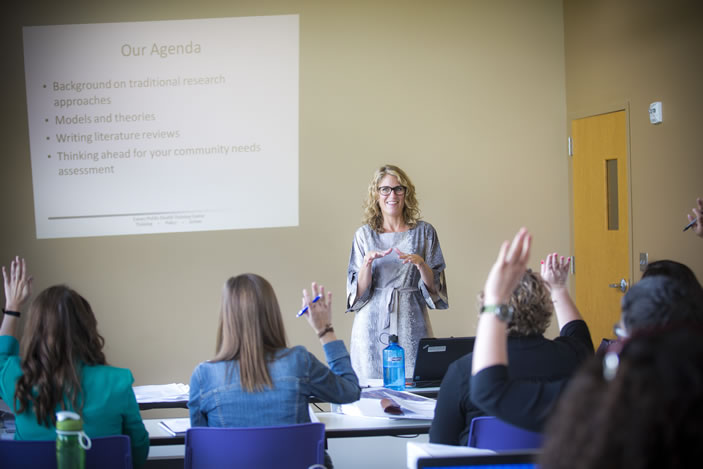In recent years, some U.S. schools of public health have examined their curricula to rethink how to better prepare students for public health practice in the 21st century. Older schools like those at Johns Hopkins, Harvard, and Columbia universities evolved in a different era of public health in the early 20th century. They followed a model set forth in the Welch-Rose Report of 1915, which recommended public health education for professionals trained in medicine and hygiene. When Emory established the School of Public Health in 1990, the MPH degree had become the avenue to public health practice for professionals with baccalaureate degrees.
Since 2011, Rollins has had the highest number of MPH applicants in the nation and also ranked first in the number of MPH applicants in global health, epidemiology, and environmental health. What then makes the RSPH stand out?
Like other schools accredited by the Council on Education for Public Health, Rollins requires its students to take core courses in five areas: behavioral sciences, biostatistics, epidemiology, environmental health, and health policy. Two years ago, the RSPH added a sixth core course developed by faculty in the Hubert Department of Global Health.
"The course has been a tremendous addition," says Carlos del Rio, Hubert Professor and department chair. "The most important thing is that students learn to speak the language of global health. Global health is not a discipline. It's an approach. It's a way of thinking about and working on problems. Teaching students to think that way is important in this globalized world we live in."
"The new world of public health is about cooperation and collaboration," he adds. "It requires us to think horizontally across disciplines to provide measurable outcomes to improve health."
Whether students choose to major in global health or another core area, all have multiple opportunities to gain practical experience in and outside of the classroom. As students, faculty, and alumni attest, hands-on learning is Rollins' forte.
"You can learn about public health anywhere," says Kristin Unzicker 02MPH, director of leadership and community engaged learning. "But if you want to do public health, you come to Rollins."

